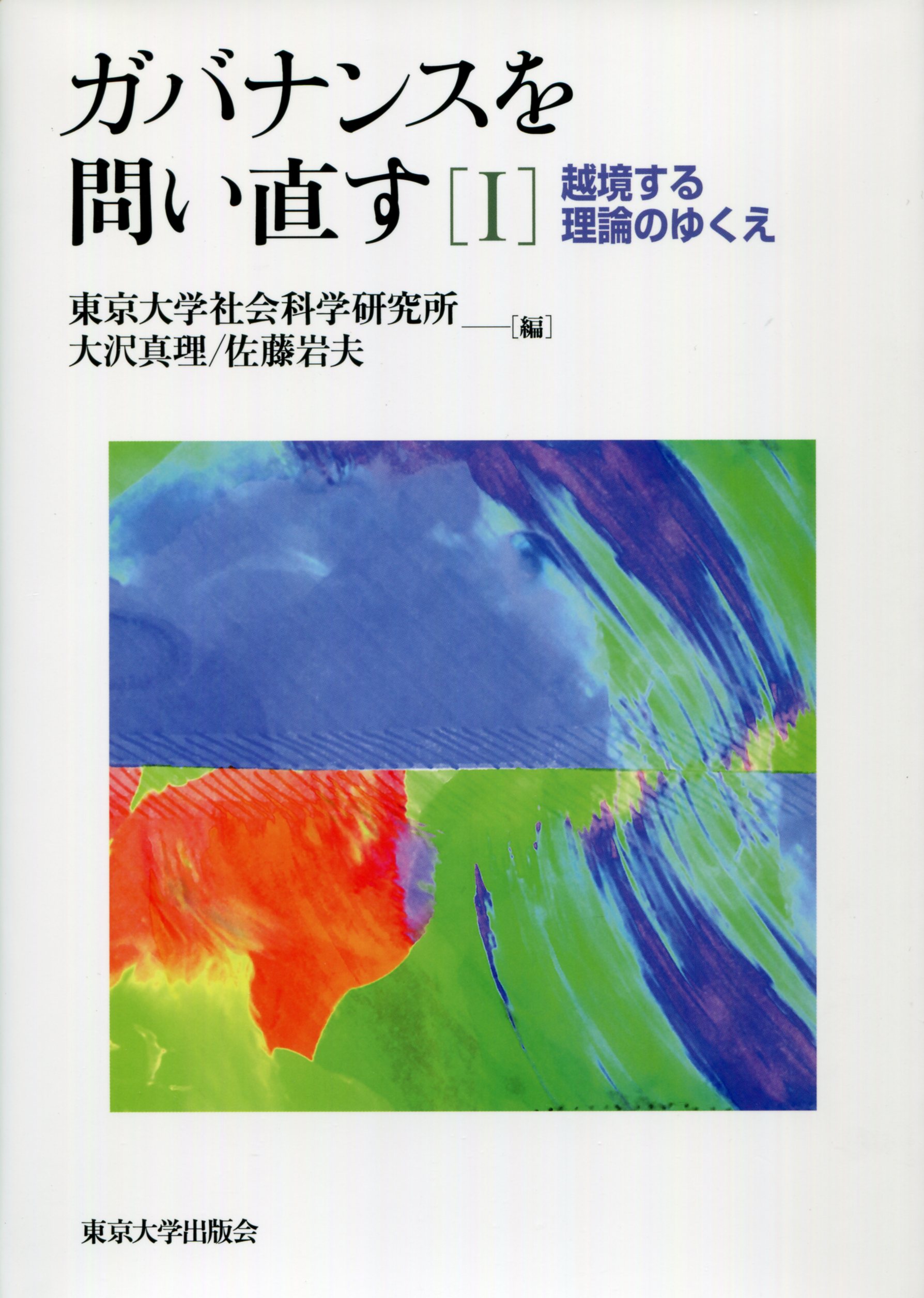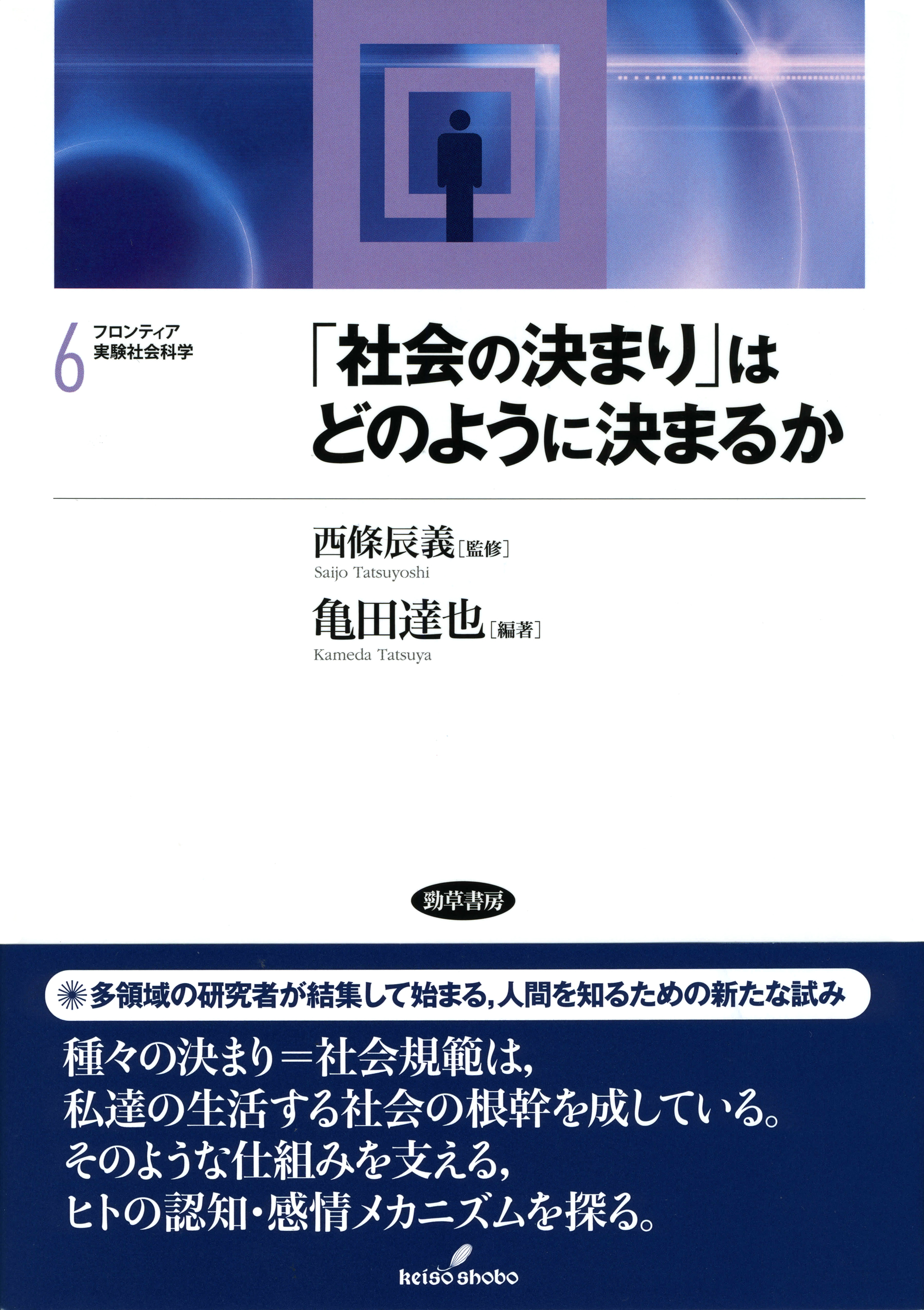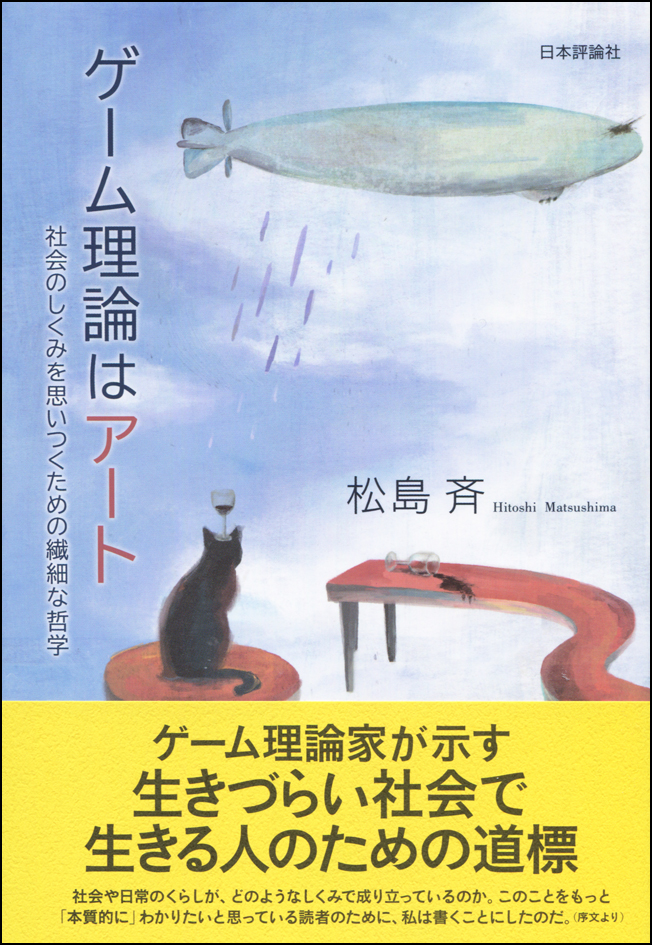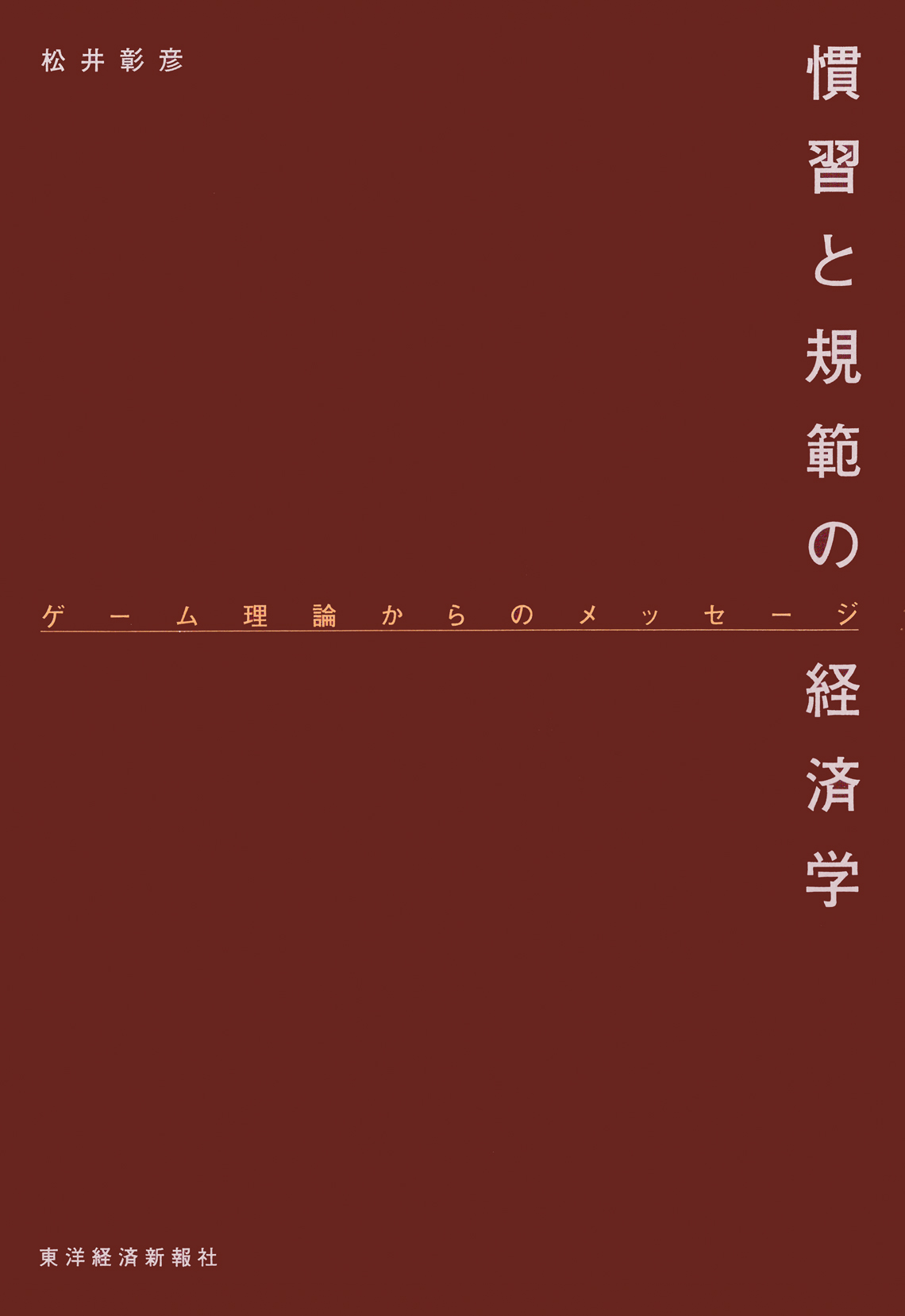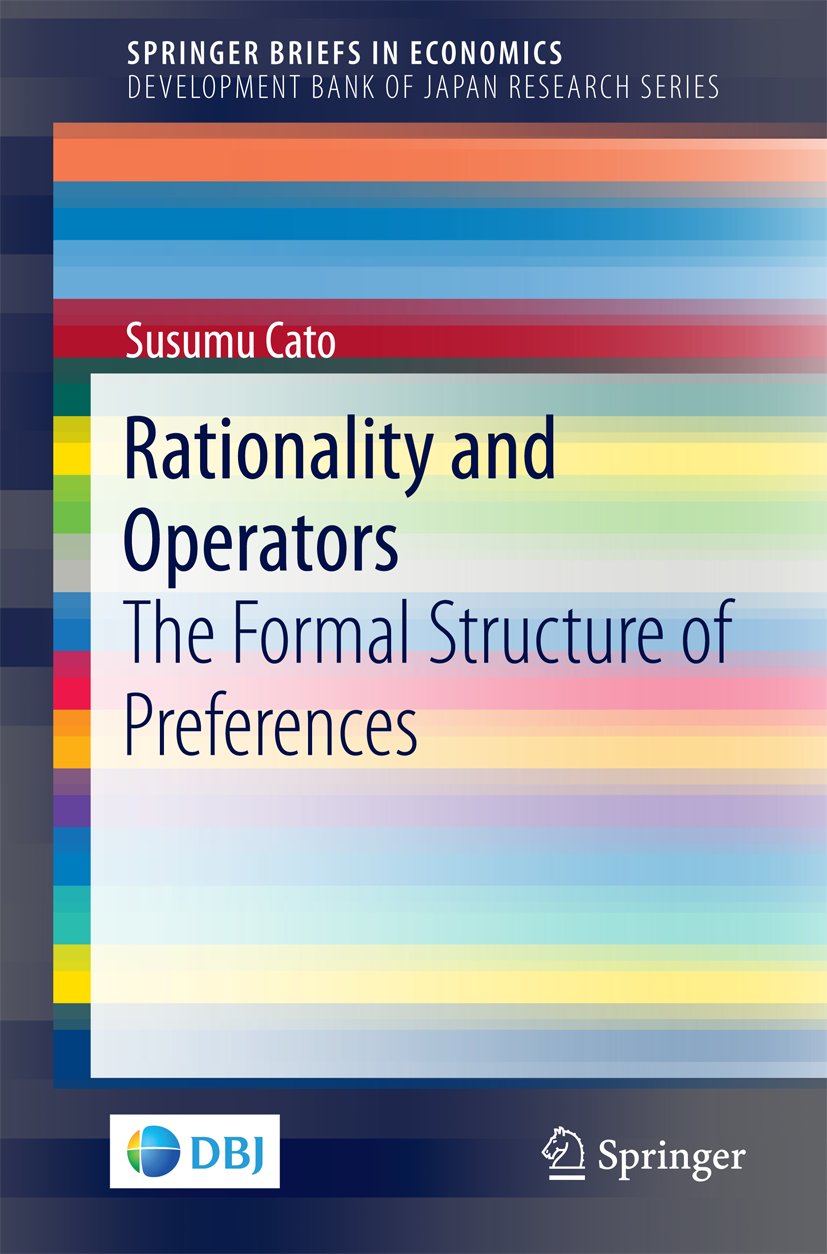
Title
Hou to Shakai-Kagaku wo Tsunagu (Connecting Law and Social Sciences)
Size
316 pages, 127x188mm, softcover
Language
Japanese
Released
February, 2016
ISBN
978-4-641-12580-3
Published by
Yuhikaku Publishing
Book Info
See Book Availability at Library
Japanese Page
This book addresses various concepts of social sciences (economics, sociology, psychology, etc.) in exploring where social sciences meet the domain of law. The original source of the book is the articles published in a serial journal for law students, Hōgaku Kyōshitsu. The content is therefore written in such a way that younger readers such as high school students and college freshmen can easily read it (in fact, it is said that it has been quoted for a certain essay question).
The first half of the book mainly deals with some concepts of economics, notably microeconomics and game theory. Chapter one thematizes the decision-making of individuals, and Chapter two continues the theme in a context in which several individuals are involved. While the first two chapters focus on the individual (micro) level, Chapter three unfolds at a social (macro or meso) level. Psychological concepts are featured in Chapter four and onwards. Broadly, discussions start at a micro level (individuals), proceed to a macro level (society), then return to the micro level (individuals in society) based on the discourse hitherto presented.
It is often believed that an irreconcilable gap exists between legal constructions and other field of social sciences. I also believe that this may be the case in some sense, but it is also true in many instances that the thought processes may seem different but the conclusion to be arrived at is the same, or those processes themselves are not so different but the ways in which they are expressed are different (though significance may still be found in such a difference).
Furthermore, it is also often the case that truly dissimilar processes nevertheless converge to point at a similar destination. After all, law and social sciences both engage in the major question of how to improve society and enhance people’s happiness.
We will not suffer a loss by having multiple routes to this goal. Alternative routes would render themselves as something preliminary and would be encouraging, and if we become tired of pursuing one route, they will be available for a change of scenery. Along different paths, the landscape of the destination may present different appearances than were expected.
Some readers may find the arguments odd while others may think that the book does not present profound revelations. Both reactions are well appreciated, because from the former response I can find significance in publishing this book. As an author, I hope that people who show such response as the latter will increase in the future.
(Written by Takashi Iida, Associate Professor, Institute of Social Science / 2018)



 Find a book
Find a book


 eBook
eBook
